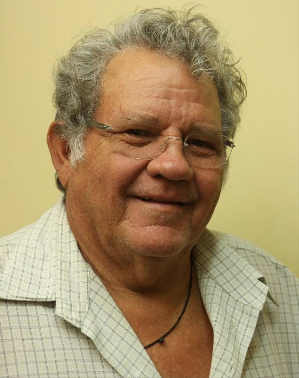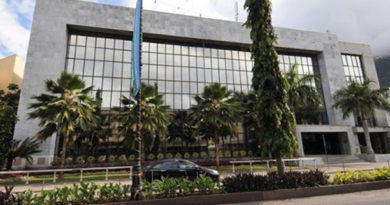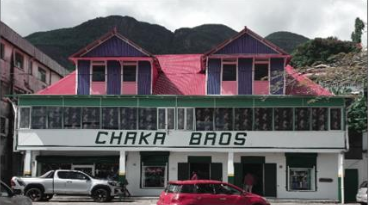Local meat producers in dire straits
Local meat producers are claiming that the Government is slowly pushing them out of business by allowing conditions that favour imported meat.
Most of them are having serious problems in selling their products as the local market has considerably sized down and the imported meat sector is taking over their client base. It is also claimed that importers of meat in the free trade zone that have lost hotel clients because of the tourism downturn are now turning their attention to the local market, often taking their refrigerated lorries on door-to-door deliveries, something which they believe should not be allowed. Mr. Teddy Songoire is one such producer who is finding his operations in much difficulties. He told journalists from this newspaper that despite the fact that local products are much healthier than the imported meat, the government is still allowing importers to flood the market with low grade products to the detriment of local livestock farmers. Songoire today has a large number of pigs which are ready for slaughter but no market for it. Seychelles’ biggest livestock farmer, Guynemer Corgat has at times helped Songoire and others out by selling their meat products at his retail outlet, Fresh Cuts, but he too has his own stock from his farm to sell.
“The longer you keep pigs, the more expensive it will get and when you eventually sell them off, you hardly make any money because of the amount you have spent in feeding them all this time!” Said Corgat.
Corgat has around 2000 pigs in his farm and many are ready for slaughter, but despite having cold storage facilities and retail outlets, he is also struggling to sell off his stock. “Even the cold storage facility will fill up. Before COVID19, I was selling the meat of around 50 pigs between Wednesdays and Sundays. Now I can barely sell half that”, Corgat told us, even if he says the local price is about 15% less than imported ones.
“And now they have made the competition even tougher for us, because they are selling through their own outlets in the community or are even driving around in their refrigerated vans selling door to door. We don’t have such facilities so we cannot compete at this level.”
Corgat is of the opinion that the government is not listening to the operators on the ground when drafting policies for agriculture, which is why the sector has not made any progress for decades.
“If they were to strictly restrict those free trade zone operators to their limits and meet with us who work day in day out in this field, we could together come out with a sustainable production plan for meat and poultry, whereby we could produce up to 75% of local needs!”With the fall of the rupee and the ever increasing urgency for food security, one is hard put to under-stand how come the government can allow things to get to such a stage, especially with the cost of importation skyrocketing. Currently it is actually cheaper to buy locally produced poultry, rather than the imported stuff. Whereas Fresh Cuts is selling products like chicken wings at 75 rupees a kilo, the free trade zone operators are offering it for up to 90 rupees andabove.
Corgat said his prices at Fresh Cuts have remained stable over the past three to five years, whereby he is selling pork products at around 115 to 125 rupees a kilo. This is much cheaper than most places for example STC which sells local pork at up to 150 and 180 rupees a kilo depending on what one buys.




